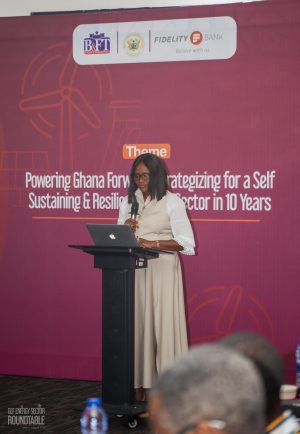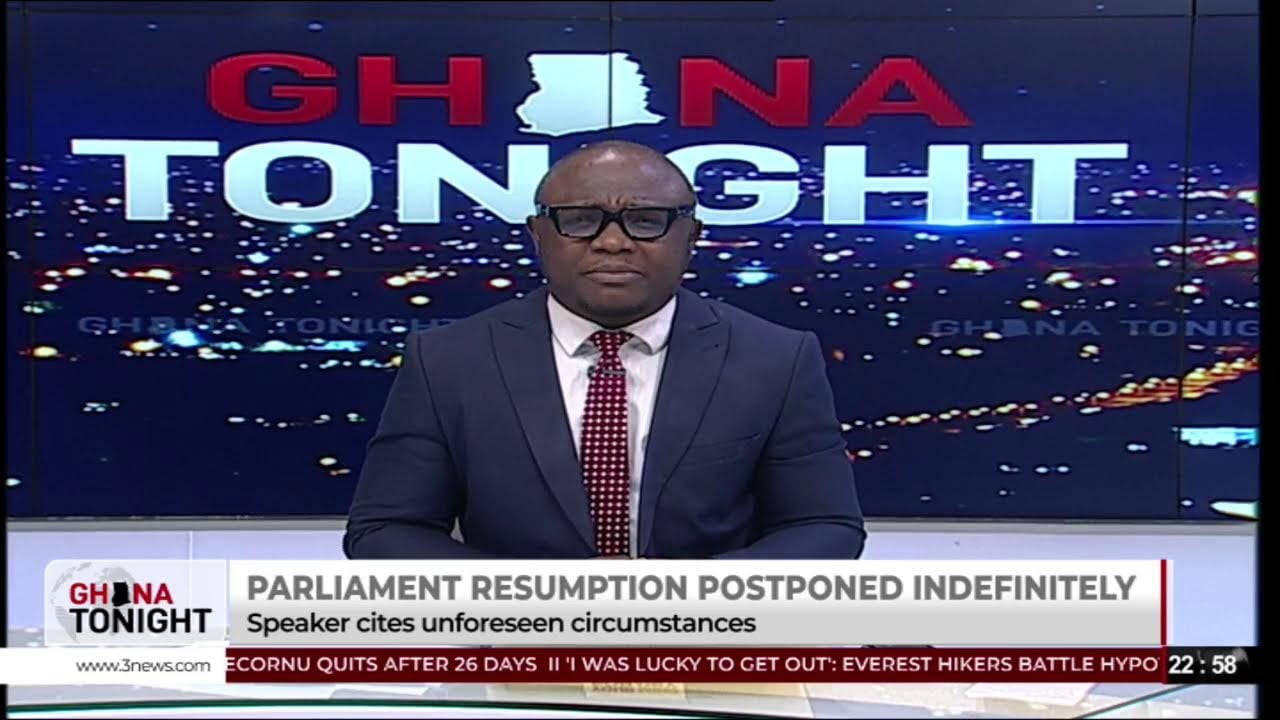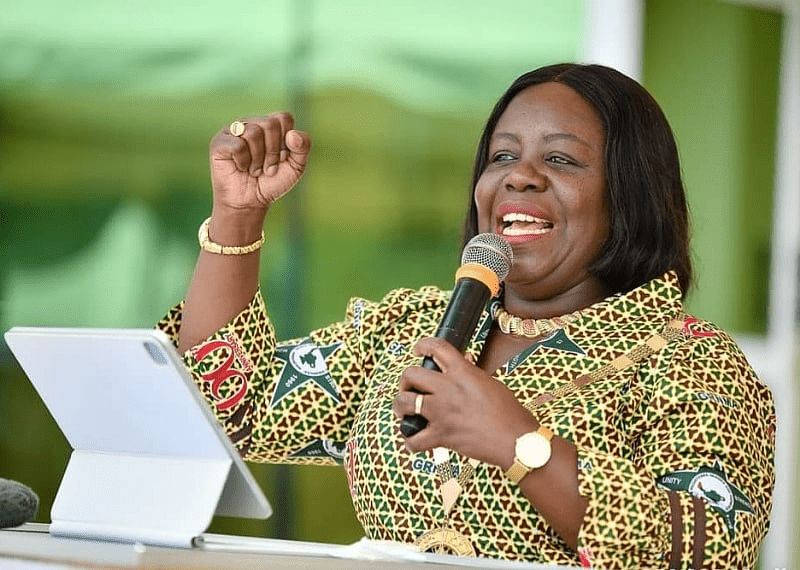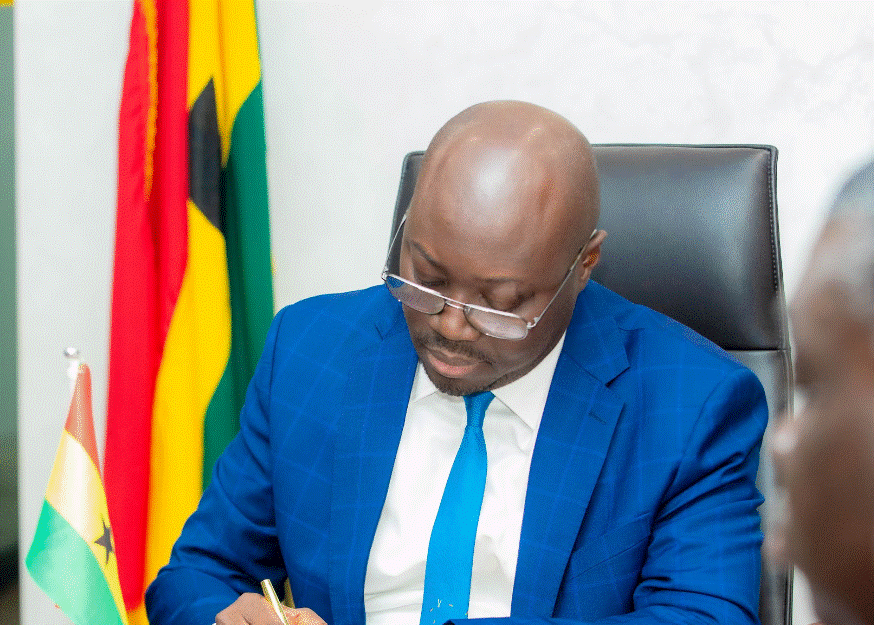
Energy policy experts, regulators and financiers meeting at the 2025 Ghana Economic Forum’s (GEF) Energy Sector Roundtable have proposed a series of structural reforms aimed at transforming the power sector into a self-sustaining and resilient system over the next decade.
Divided into five working groups, participants addressed the sector’s most persistent challenges – including debt accumulation, inefficiency, unreliable generation and limited investment – and outlined a roadmap focused on governance reform, local financing, diversified energy sources and regulatory transparency.
The roundtable, convened by B&FT ahead of the 14th GEF, brought together representatives from the Ministry of Energy, Public Utilities Regulatory Commission (PURC), financial institutions, private investors and civil society to identify actionable steps that will strengthen the power value chain.

In opening the session, Board Chair-B&FT Dr. Edith Dankwa underscored the urgency of finding durable solutions to energy challenges, describing reliable power as “the backbone of national growth and competitiveness”.
She explained that the roundtable’s purpose was to move beyond diagnosis to measurable reform.
“We cannot keep diagnosing the same problems every year. This platform is about translating expertise into measurable action that will strengthen the foundations of our power sector,” she said.
Despite the national installed generation capacity of more than 5,200 megawatts, inefficiencies, unreliable supply and legacy debts estimated at over US$1.5billion continue to constrain industrial growth and investor confidence.
The event, organised in partnership with Fidelity Bank Ghana and Arthur Energy Africa, was designed to generate practical recommendations that will inform broader discussions at the 2025 GEF later this month.

Governance and transparency
The discussions began with a strong consensus on the need for greater institutional coordination and transparency.
Participants proposed the establishment of a national energy planning commission or coordinating body to harmonise data collection, oversee long-term strategy and prevent duplication of roles among existing agencies.
According to participants, weak governance and opaque decision-making have contributed to inefficiencies and discouraged private capital.
A centralised, data-driven structure, they argued, will improve accountability and restore confidence in the sector’s management.
“Energy is not just about generation. It is also about trust, transparency and governance,” one participant said.
Balancing the energy mix
On the technical front, the second working group emphasised a need to diversify the fuel mix to reduce dependence on imported liquid fuels and strengthen domestic gas infrastructure.
While Ghana’s total installed generation capacity now exceeds 5,200 megawatts, available capacity often falls below 3,500 MW due to fuel shortages and maintenance constraints.
Participants called for accelerated investment in gas pipelines and regional interconnections to secure consistent supply, as well as realistic renewable energy targets aligned with industrial demand. They argued that while renewable energy remains essential, excessive reliance on intermittent sources without storage or backup could undermine grid reliability.
“The future must balance natural gas, hydro and renewables,” one expert said, adding that nuclear energy could also play a stabilising role in Ghana’s base-load supply over the next decade.
Local participation and pricing reform
Another major concern was the structure of investment and pricing in the sector. Participants urged reforms to ensure greater local equity participation in power infrastructure projects, arguing that current frameworks heavily favour foreign investors who repatriate profits in foreign currency.
They recommended that local content policies be revised to include ownership stakes for local firms, not merely service provision. The group also proposed replacing “take-or-pay” contracts, which require payment for unused power, with “take-and-pay” models tied to actual consumption – and shifting from rate-of-return regulation to market-based pricing to promote efficiency and cost-recovery.
Leadership and accountability
The fourth group called for stronger institutional performance monitoring and depoliticisation of leadership appointments. They proposed the introduction of mandatory Key Performance Indicators (KPIs) for utilities, covering loss reduction, cost efficiency and revenue collection, with results published annually to the public.
They also highlighted the need to separate policy formulation, regulation and commercial operations, arguing that political interference in management decisions undermines professional accountability and operational stability.
Financing the future
The fifth group focused on financial underpinnings of the sector, estimating that Ghana will require between US$7billion and US$10billion in new investments over the next decade to upgrade generation, transmission and distribution networks.
They recommended diversifying funding sources through syndicated lending, pension fund participation and using Ghana Stock Exchange for long-term energy bonds and green financing instruments.
Participants also urged the Bank of Ghana to adjust prudential rules to enable collaborative lending for large-scale infrastructure projects that exceed single-bank limits.
A call for sustained reform
Across all groups, the recurring message was Ghana’s energy transition cannot rely on short-term fixes or political cycles.
Stakeholders insisted that the country must embed transparency, local capital mobilisation and regulatory predictability into its reform process.
If implemented, the proposals could significantly reduce the sector’s debt burden and position Ghana to meet rising power demand while attracting long-term private investment.
As one participant summed it up: “The goal is not simply to keep the lights on, but to build a power sector that powers confidence; in our institutions, our industries and our future”.
The post Experts outline 10-year blueprint for energy sector reform appeared first on The Business & Financial Times.
Read Full Story


















Facebook
Twitter
Pinterest
Instagram
Google+
YouTube
LinkedIn
RSS